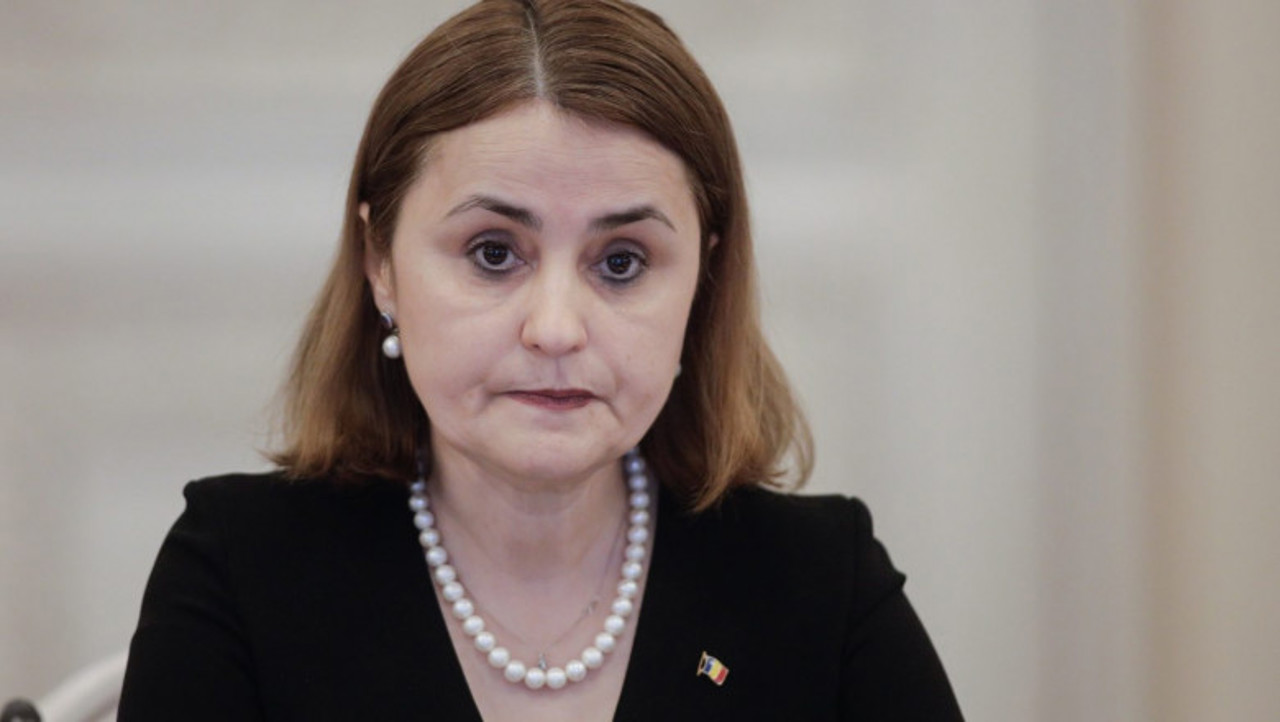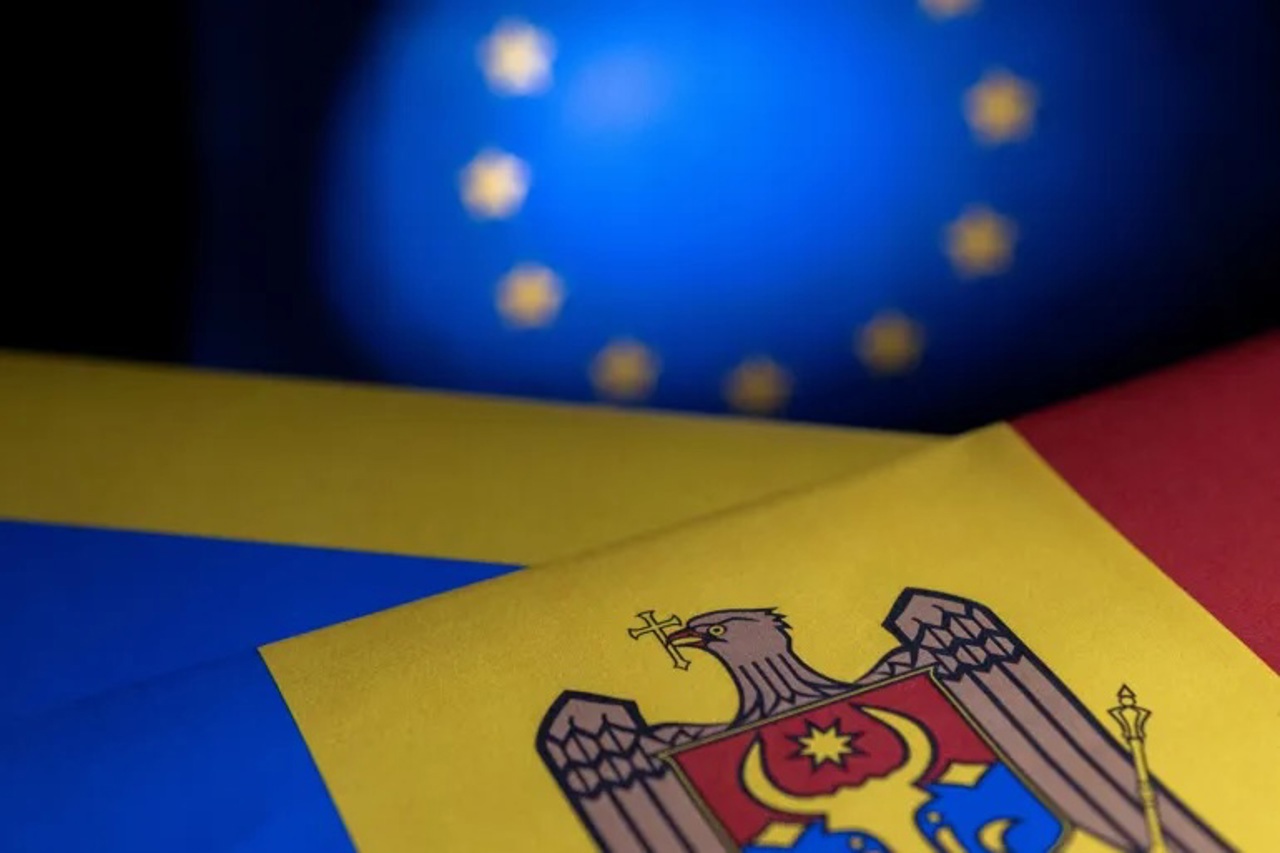The Minister of Foreign Affairs of Romania: The security situation at the Black Sea is quite serious
Romania is looking for new ways to help transport Ukrainian grain, Romanian Foreign Minister Luminița Odobescu said in an interview for Politico on Monday, describing the security situation in the Black Sea region as "quite serious", writes Digi24.ro .

In an interview for Politico, Romanian Foreign Minister Luminița-Teodora Odobescu qualified Russia's moves as "truly cynical". Moscow is "seriously blocking Ukrainian grain exports, which are a lifeline for vulnerable people in many importing countries," which is "really exacerbating the global food crisis," she said.
Odobescu emphasized that Bucharest has been making efforts in recent months to intensify the transit of Ukrainian grain through Romania, including by expanding the capacity of ports and border crossing points, reports Digi.24. "It takes time to see the results," said Odobescu about the efforts of the Romanian government to support the alternative transit of grains, efforts undertaken with the support of the European Commission.
Romania is also coordinating with Ukraine "to see how we can do more", added Odobescu. This week, new discussions between Bucharest and Kiev on this topic are expected, reports Politico.
But while European countries are providing transit assistance, a number of EU states in Central and Eastern Europe have also expressed concern about the dumping of Ukrainian grain on their domestic markets. In June, the European Commission extended the ban on Ukrainian grain exports to Romania, Poland, Bulgaria, Hungary and Slovakia until at least September 15.
Asked if these countries will press for the restrictions to continue, the Romanian minister said: "We have to find the right balance". It is necessary "to continue to support Ukraine to help them transport their grain," she said. But it is also necessary "to find solutions to financially help farmers in the regions that are affected", Luminița Odobescu added.
More than half of Ukrainian exports using the EU's solidarity corridors - created to facilitate road, rail and inland waterway transit - passed through Romania. The European Commission estimated that over 65% of the products exported through the solidarity corridors in June were transported along the Danube corridor, writes Politico.
Last month, Russia withdrew from the Black Sea Grains Initiative, fueling fears about the future of Ukraine's grain exports and the impact on global food security. In recent weeks, Kremlin forces have repeatedly attacked Ukrainian grain storage infrastructure, including on the Danube - near Romanian territory - further raising concerns about how Ukraine can send its products to world markets .






